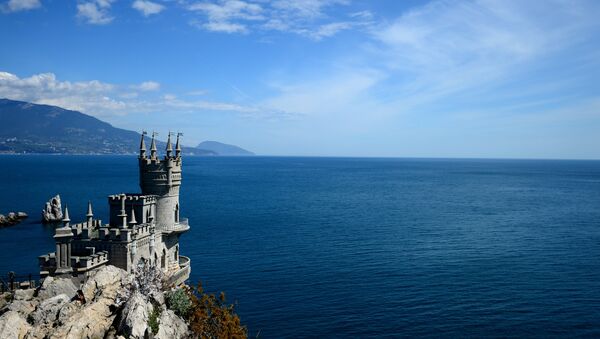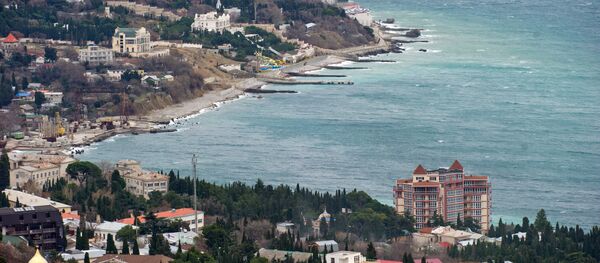The decision was made amid Wimmer's visit to Crimea in March 2017. At that time, a delegation consisting of representatives of the European Parliament, as well as politicians from several countries of the European Union, the CIS and Latin America visited the peninsula to assess the local situation. Later, Kiev imposed sanctions against some of them.
According to a member of Crimea's State Council, Vladislav Ganzhara, sanctions imposed by Ukraine against the German politician are "not something you can scare him with."
"By making such steps, Kiev once again showed the face of its regime. But I think that a politician of such a level won't even pay attention to these sanctions," Ganzhara said.
According to the Ganzhara, the ban imposed by Ukraine would affect neither Wimmer's political, nor public life.
Crimea rejoined Russia in 2014 following the results of a referendum held after the coup d'état in Ukraine. About 97 percent of the peninsula's residents voted in favor of Crimea's reunification with Russia. Nevertheless, Kiev considers Crimea a "temporarily occupied" territory.


